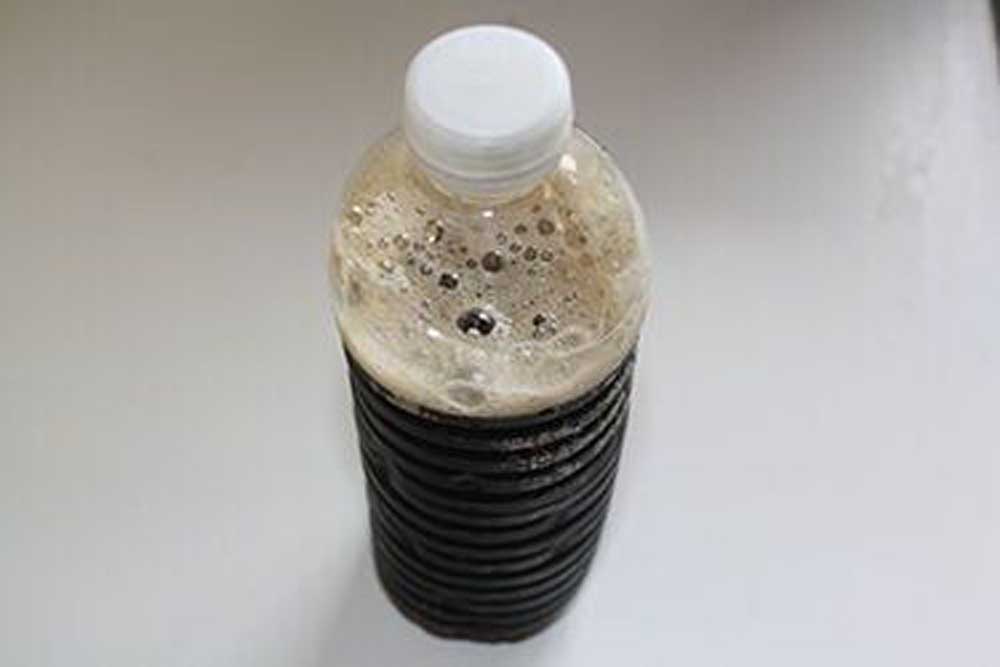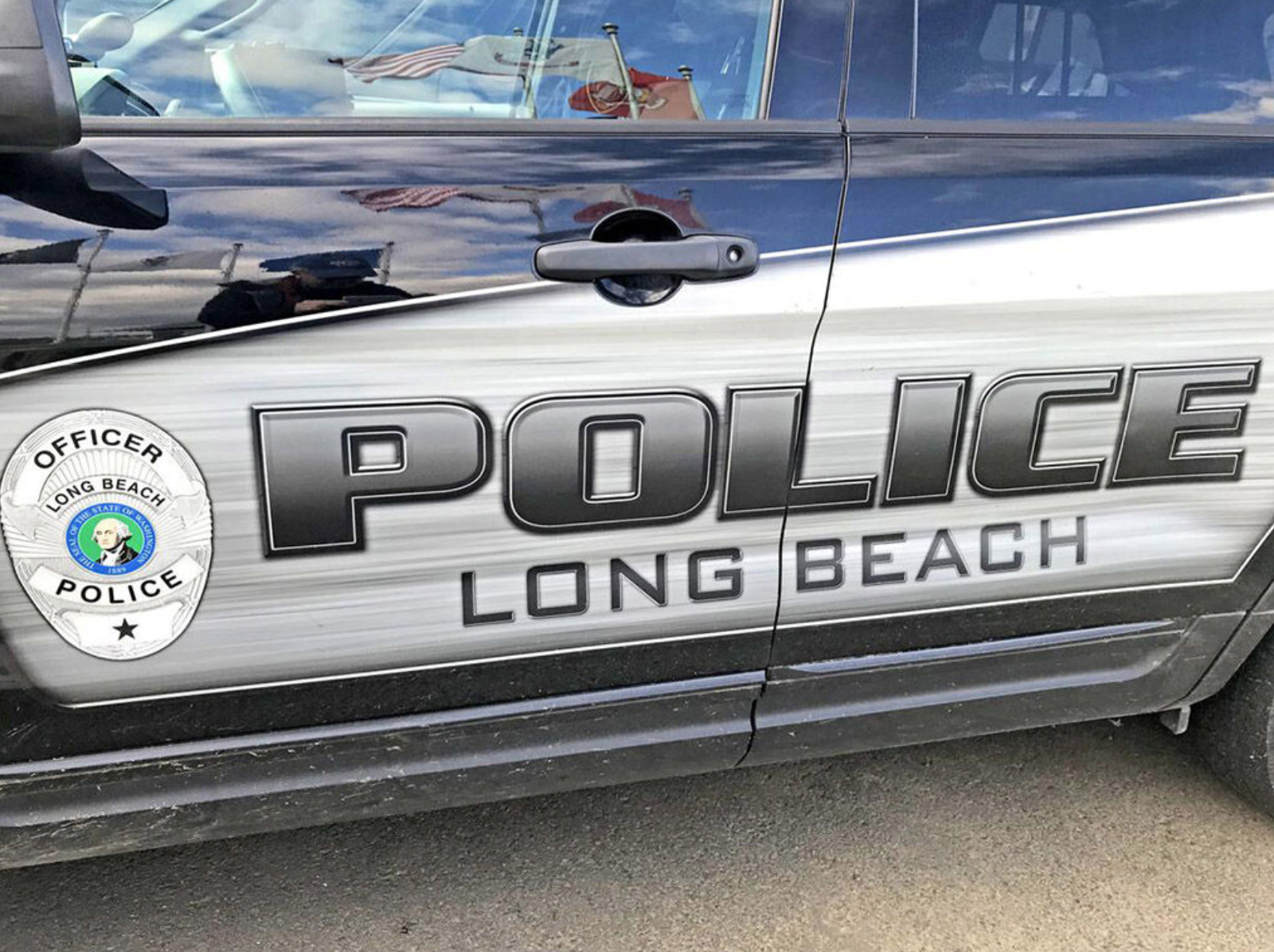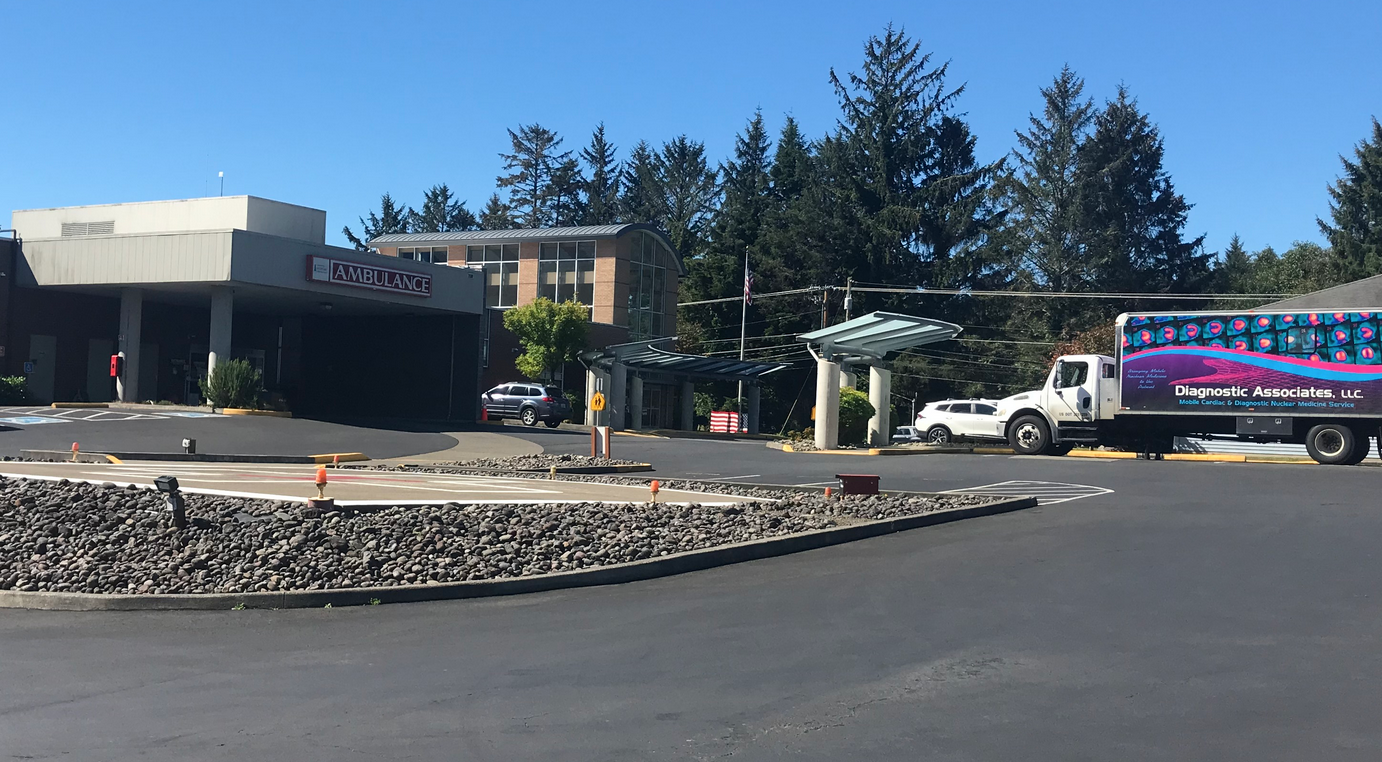Washington fines farmer co-ops for not using enough recycled plastic
Published 8:00 am Saturday, October 5, 2024

- Many bottles did not contain the required amount of recycled plastic.
The Washington Department of Ecology has fined 35 companies, including two farmer-owned cooperatives, a total of $416,554 for not having enough recycled plastic in their trash bags or beverage containers.
Trending
The penalties are the first levied under a law that went into effect last year and requires trash bags sold in Washington to have 10% recycled content and drink containers 15%.
Based on reports to Ecology, 93 companies met the standard in 2023. “Most producers see the value in using recycled content in their products,” Ecology solid waste manager Peter Lyon said in a statement.
“We need to continue working together to improve our recycling system and reduce the pollution and contamination that come from producing new plastic,” he said.
Trending
The law passed mostly along party lines, though a few Republicans joined majority Democrats in voting yes. The Washington Beverage Association, recyclers, cities, counties and environmental groups endorsed the bill.
Democrats said the law responded to plastic littering highways, filling landfills and collecting in the ocean. Republicans said they too opposed litter, but warned about making unreasonable demands on business.
At the time, Ecology said it did not anticipate issuing any fines because companies would comply. According to Ecology records, some companies have fallen well short, with some reporting using no recycled content.
Massachusetts-based Ocean Spray Cranberries, whose members include Pacific County farmers, was fined $53,568. Tree Top, a grower-owned juice company in Selah, was fined $20,333.
Both companies reported having zero percent recycled content in beverage containers. Efforts to obtain comment from Ocean Spray and Tree Top were unsuccessful.
The Clorox Company received the biggest fine. The Oakland, Calif.-based manufacturer reported selling 4.1 million pounds of trash bags with 2% of recycled content. It was fined $67,196.
“Our Glad brand is committed to making progress on plastic reduction, which includes developing trash bags that use less plastic while maintaining strength,” the company said in an email.
Talking Rain Beverage Company, based in Preston, received the second-largest fine, $59,831. It reported selling beverage containers weighing a total of 1.9 million pounds with zero percent recycled content.
Fines were based on the amount of “virgin plastic” sold by companies. Albertsons was fined $41,954 for selling 3.7 million pounds of beverage containers with 9.33% recycled content. Talking Rain and Albertsons did not respond to requests to comment.
The fines will go into an account controlled by Ecology that funds local government solid waste programs.
The law will apply to cleaning and grooming products beginning in 2025. The dairy industry won a concession. The recycled content standard won’t apply to milk containers, or plastic wine containers, until 2028.
The law calls for recycled content in trash bags to increase to 15% in 2025 and to 25% for beverage containers in 2026.
According to the Environmental Protection Agency, the U.S. recycling rate for plastics was 8.7% in 2018, the most recent year for which figures are available.
A 2022 litter study by Ecology found nearly 40 pounds of discarded plastic per acre at highway rest areas and 97 pounds per acre near highway on- and off-ramps.









